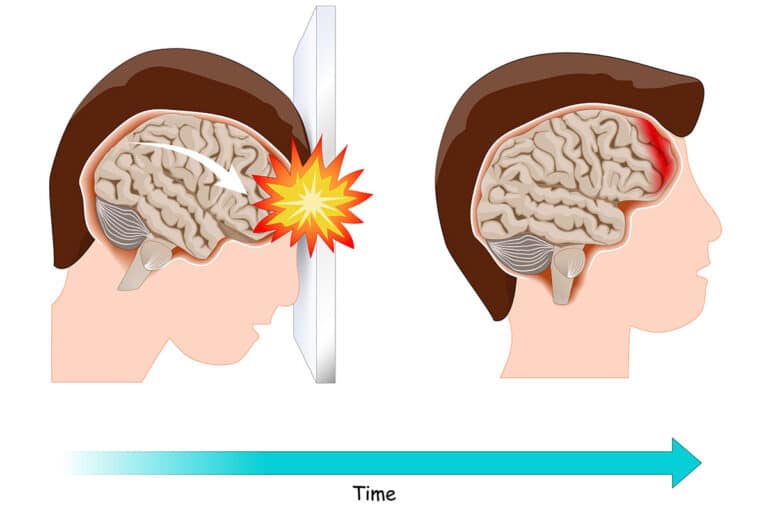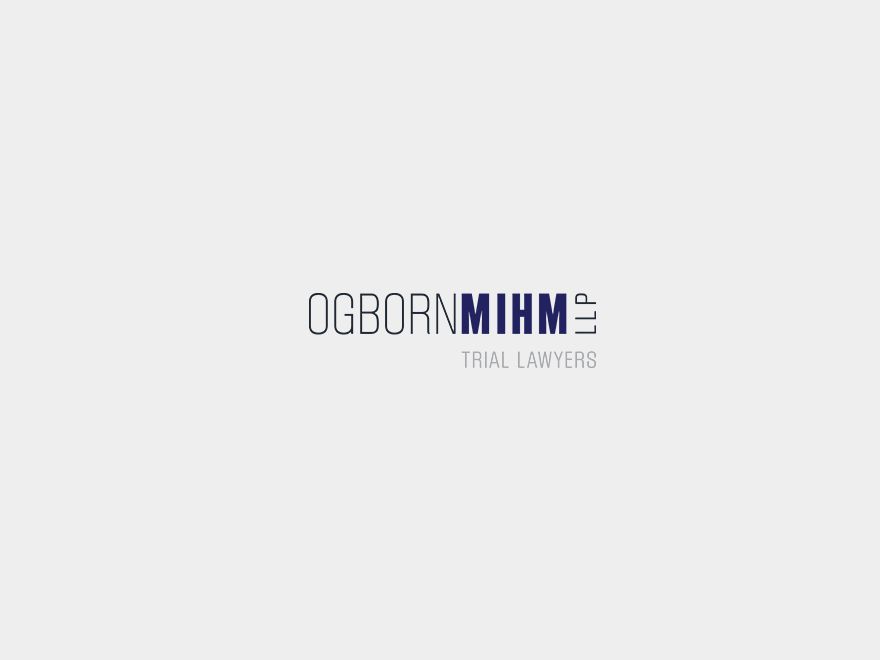Did you know you can get a brain injury even without hitting your head? In these instances, a mild traumatic brain injury (mTBI) can result from flexion/extension or rotational forces of the head and neck, without any impact of the head on another surface. The American Congress of Rehabilitation Medicine (ACRM) defines a mild traumatic brain injury as:
A traumatically induced physiologic disruption of brain function, as manifested by one of the following:
- Any period of loss of consciousness;
- Any loss of memory for events immediately before or after the accident;
- Any alteration in mental state at the time of the accident; or
- Focal neurological deficits, which may or may not be transient.
As you can see, the main focus to diagnose mTBI is on the alteration of the patient’s mental state and physical manifestation of symptoms.
An Invisible Injury
Traumatic brain injury cases are very different from any other type of personal injury case. Unlike a broken bone where you can physically view the injury itself, a brain injury is an invisible injury. Insurance companies do not usually understand the intricacies of a brain injury and how they affect the brain injured person. Because a person suffering from mTBI may not look or sound injured, it is important to have an experienced and knowledgeable attorney to help you prove your injuries are real.
Symptoms of mTBI
The manifestation of certain physical, cognitive, emotional, and sleep-related symptoms can be key to recognize early that a person sustained a brain injury.
Physical signs and symptoms of a brain injury include:
- Headache
- Nausea, vomiting
- Balance problems, dizziness
- Visual problems
- Fatigue
- Photophobia (light sensitivity)
- Phonophobia (noise sensitivity)
- Numbness/tingling
- Feeling dazed or stunned
Cognitive signs and symptoms of brain injury include:
- Mental fogginess or slowness
- Difficulty concentrating or remembering
- Forgetfulness and memory loss
- Confusion
- Slow responses to questions, or repeating questions
Emotional signs and symptoms include:
- Irritability
- Sadness and depression
- Anxiety or nervousness
- Rapid mood changes
Sleep-related signs and symptoms include:
- Drowsiness
- Difficulty falling asleep
- Sleeping more or less than usual
It is not unusual for certain symptoms to be overlooked or incorrectly attributed to other causes rather than realizing they are due to a brain injury, for example, dizziness, headaches, or emotional or personality changes. Thus, it is important for your attorney to understand the constellation of symptoms to best be able to explain what and why you are having these symptoms and how to correlate them to mTBI.
- https://acrm.org/wp-content/uploads/pdf/ TBIDef_English_10-10.pdf.
- https://www.nichd.nih.gov/health/ topics/tbi/conditioninfo/symptoms.








